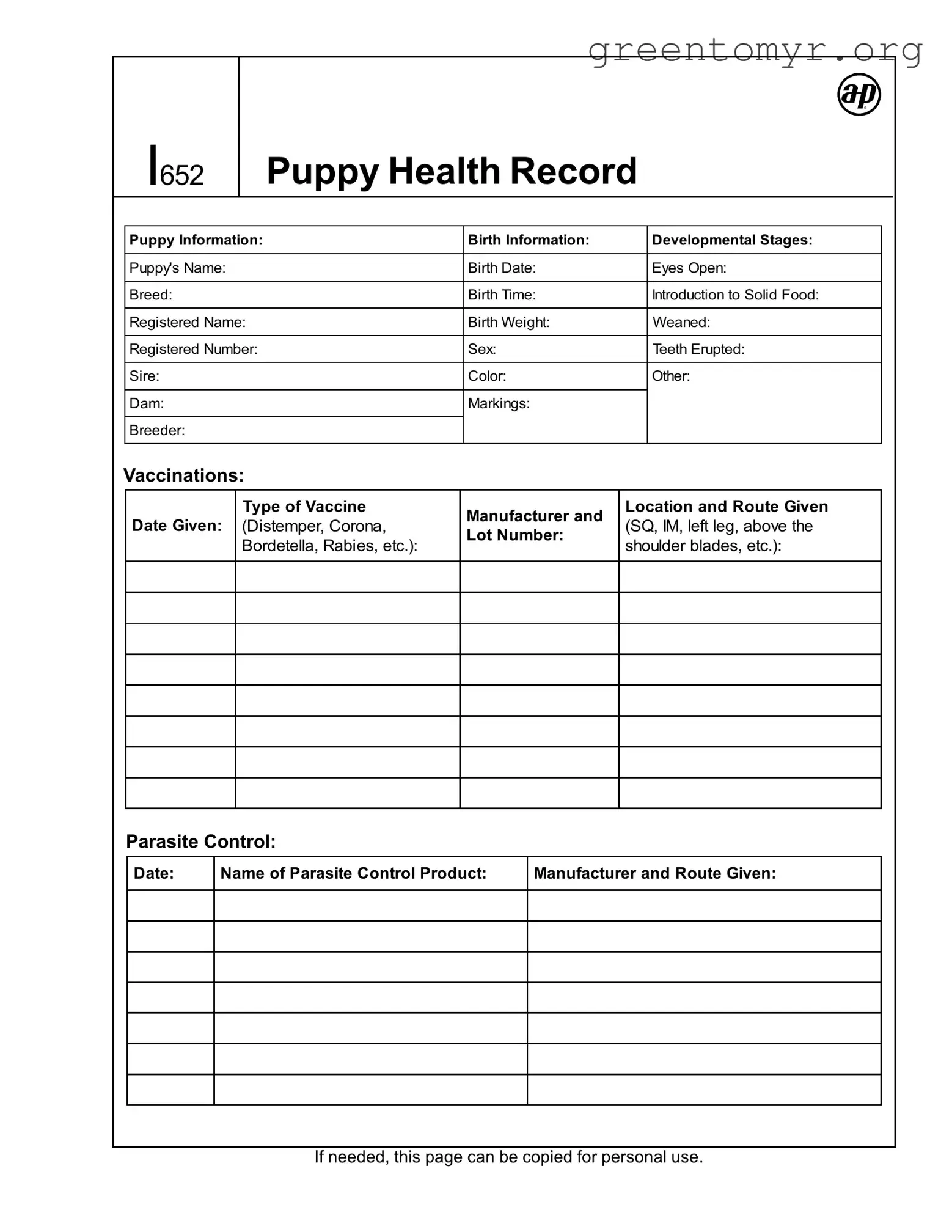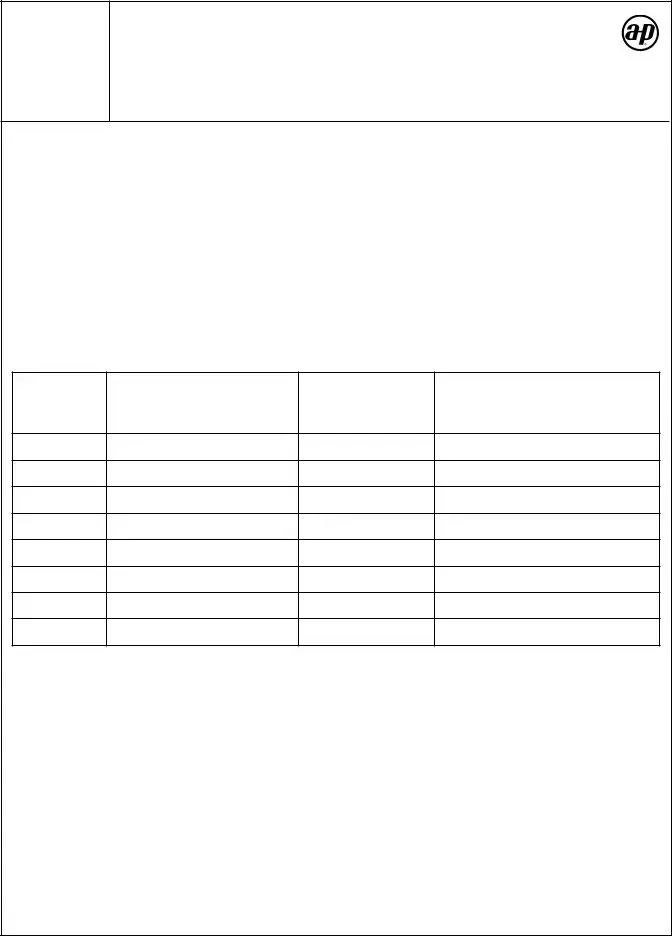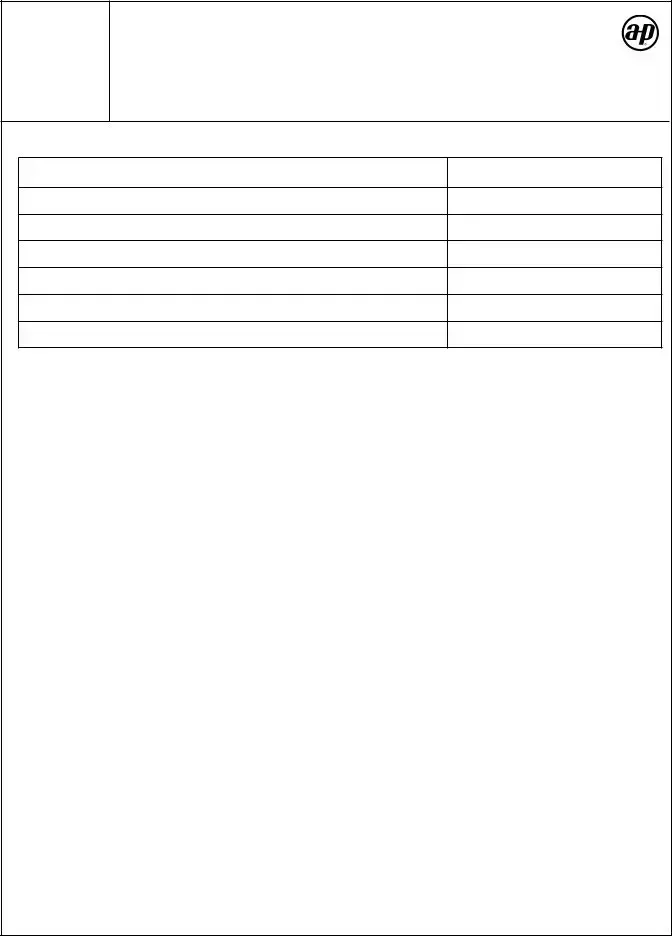The Puppy Health Record form is a document used to track a puppy's health status from birth through various developmental stages. It includes essential information such as the puppy's personal details, vaccination history, parasite control, and comments from veterinary visits.
Why is a Puppy Health Record important?
A Puppy Health Record is crucial for ensuring that your puppy receives proper medical care. It helps track vaccinations and treatments, ensuring they're administered on schedule. This record can also be beneficial when you visit a veterinarian, as it provides a comprehensive view of your puppy's health history.
The Puppy Health Record includes the following information:
-
Puppy's name and registered name
-
Birth date and weight
-
Breed and color
-
Vaccinations and parasite control information
-
Owner or veterinarian observations
How do I fill out the Puppy Health Record?
To fill out the Puppy Health Record, gather your puppy's birth and health information. Complete each section methodically, starting with details like name, breed, and birth date. For vaccinations, list the type, date given, and specific information about the vaccine manufacturer and administration route.
How often should vaccinations be given?
Vaccinations should ideally be given at three-week intervals. The Puppy Health Record outlines the schedule, so it’s essential to refer to it regularly to stay on track.
Common vaccinations for puppies generally include:
-
Distemper
-
Parvovirus
-
Bordetella
-
Rabies
-
Corona virus
When should heartworm medication start?
Heartworm medication should usually begin between 6 to 12 weeks of age, depending on the specific product used and the time of year. It's critical to refer to the manufacturer's guidelines for exact timing.
Can I make copies of the Puppy Health Record?
Yes, you can make copies of the Puppy Health Record. This can be particularly helpful if you have multiple puppies or want to share the record with a veterinarian or future owner.
What should I do if I have questions about the health record?
If you have questions about the Puppy Health Record, consult your veterinarian for clarification. They can provide guidance on filling out the form and understanding your puppy's health needs.
How can I ensure my puppy stays healthy?
To ensure your puppy stays healthy, follow a regular schedule for vaccinations and parasite control, provide proper nutrition, and schedule consistent veterinary check-ups. Keeping an up-to-date Puppy Health Record will help you manage these tasks efficiently.


